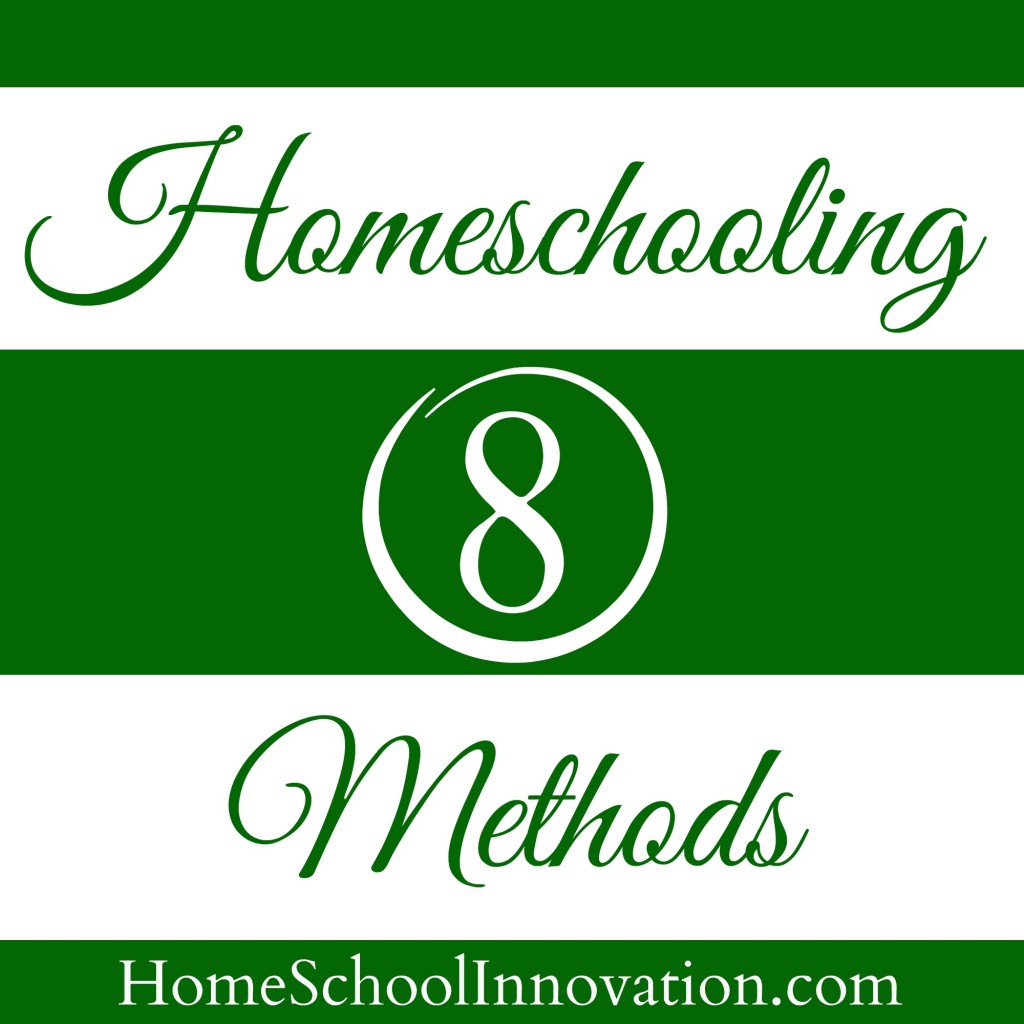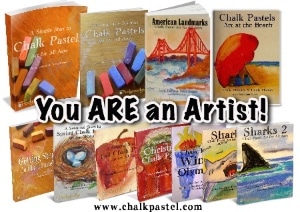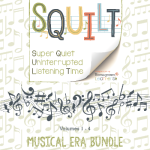Well you have decided to homeschool, you are excited, maybe a bit nervous; but ready to jump into doing some more research.
I spent many coffee breaks and evenings on the internet looking at different curricula, and then I found that there were actually different methods of homeschooling.
Maybe you are doing your own research too and finding the same thing? I want to assure you that you don’t have to decide a method right away. I actually just jumped in and started to homeschool. As we progressed throughout our first year I learned that we floated between methods of unschooling/delight directed, to Charlotte Mason, to a bit of Classical. Sometimes the method I choose will depend on what subject we are covering.
This brought me to my next question:
Do these methods really matter and do I have to pick just one?
Yes and No….
It just depends on you and your children, there are many benefits to each method and each of them is structured to enhance your child’s learning.
Now that we have been homeschooling for a few years, I notice we still float somewhere between the a fore mentioned 3 methods and it works for us.
Take some time to read through these 8 methods to see what fits. The benefit of homeschooling is that we can take such liberties and focus on our unique and individual children.
8 Methods:
-
Charlotte Mason: “A method of education popular with homeschoolers in which children are taught as whole persons through a wide range of interesting living books, firsthand experiences, and good habits.” Taken from: Simply Charlotte Mason
-
Classical: Is a three part process of training the child’s mind. The first years are called the “Grammar Stage”; by approximately 5th grade you move to the “Logic Stage”; then the final years are called the “Rhetoric Stage”. This system of three is collectively known as the “Trivium”. Take a Look at: The Well Trained Mind
-
Unschooling/Delight Directed: Is basically child led and can take many forms, including formal classes. It focuses on a more natural way to learn, not being tied to any one curriculum or timetable. For example learning fractions might be held off until the day your child is baking with you and you need 2/3 of a Cup of sugar.
-
Montessori: Focuses on independence and freedom, as well as the child’s learning environment with respect to the child’s natural psychological development. It incorporates many real life materials to satisfy your child’s curiosity.
-
Eclectic: Basically describes a style where you find what works for you. It can be a little bit Classical, Charlotte Mason, or it can be Unit Studies and Charlotte Mason and Montessori. It is your own style.
-
Unit Studies: Takes a theme or a topic and a chunk of time anywhere from a few weeks to a few months. The idea is that you cover all subjects working within the framework of the chosen theme. So Language Arts, Science, Math, History, Geography etc. could all be covered within your theme.
-
Traditional: I am counting this one as taking the institutional school model and bringing it home, parent is the “teacher”.
-
On-Line Schools: Or Distance learning, this is doing traditional school at home with on-line classes and teachers.
The best thing you can do for your family is to have fun with homeschooling. When you and the children are excited and happy the learning process becomes natural.
Remember…how a person feels about a learning situation will also reflect how much time they will devote to it.
Keep it real and keep it positive.
Share with us in the comments….
What method works for you and your family?
Have you floated between a few methods throughout your years of homeschooling?
I`d like to thank Jane Boyd a fellow #12er for her wonderful idea and inspiration with her #1to31 concept and her invitation to join in.













Hi Angela
So glad that you wrote this post on homeschooling options as I know this is something that many parents consider for their children. As a parent of 3 children, I know first hand about the differences that exist in learning styles and capabilities. It is wonderful that there are so many ways that we can help our children expand their horizons!
Thanks you for writing a #1to31 post! I really appreciate it.
Jane
Thank you Jane, how nice of you to comment. What I like is that we don’t have to be tied to one method, and we can take the time to explore and love learning!
I hope to do more posts for #1to31, I find it inspirational.
Great post Angela! When I first saw the title of your post, I thought, “Oh no, I’m not going to have any method to my madness!” As it turns out, I really seem to mix between unschooling/delighted directed, eclectic and unit study. As a homeschooling mom I have done the usual panic many times over of, “I’m not doing enough, or doing it right.” I have tried forcing us into the traditional approach which for our family ruins all the fun of honeschooling! Keeping it fun and productive works best for usb